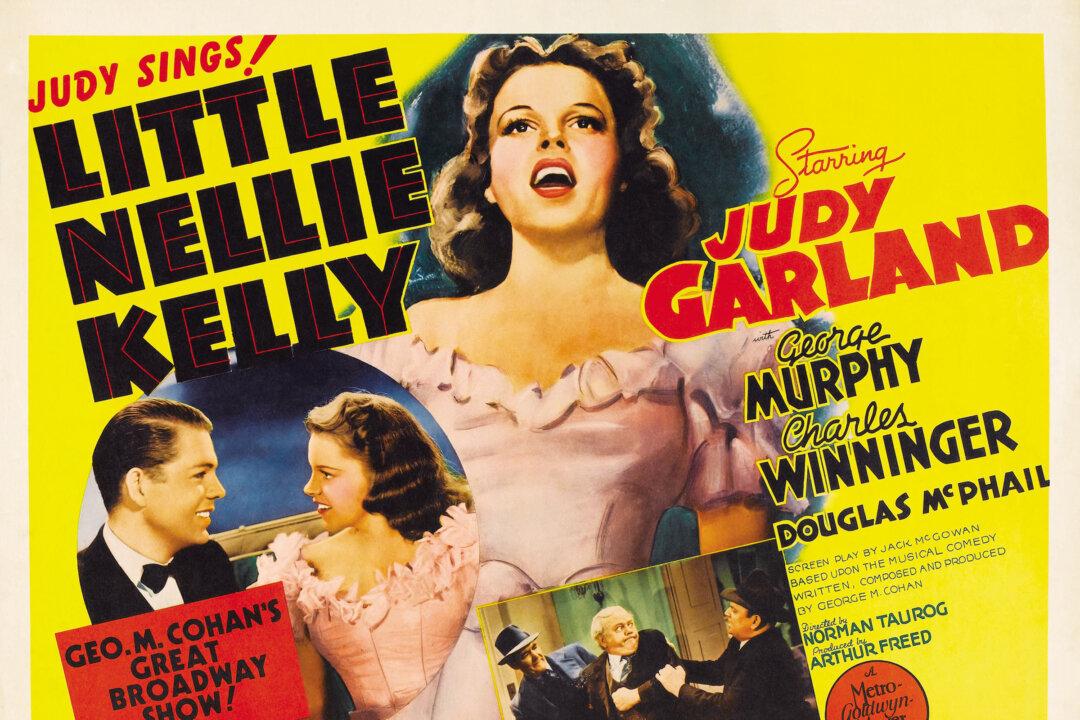St. Patrick’s Day, and the whole month of March by extension, is dedicated to celebrating all things Irish. However, many complain that American celebrations of “St. Paddy’s” Day are primarily cheap commercialism, ignoring Ireland’s traditional, genuine culture. Even “Plastic Paddy” celebrations, though, are few in 2021. After claiming St. Patrick’s Day as its first canceled event, the ongoing pandemic is dampening the popular March holiday for the second year. New York City’s famous St. Patrick’s Day parade was canceled in 2020, and the 260th year will be virtual on this 17th.
Whether you normally celebrate at home or in public, St. Patrick’s Day is about much more than drinking green beer. It’s an opportunity to appreciate the influence that Irish immigrants have had on America’s history, especially in the late 19th and early 20th centuries. You can celebrate by watching a movie from the era when Hibernians, the traditional Latin name for the Irish, reigned supreme in Hollywood: the 1930s–1950s. For this St. Patrick’s Day, we recommend MGM’s charming Irish-American musical from 1940, “Little Nellie Kelly.”






